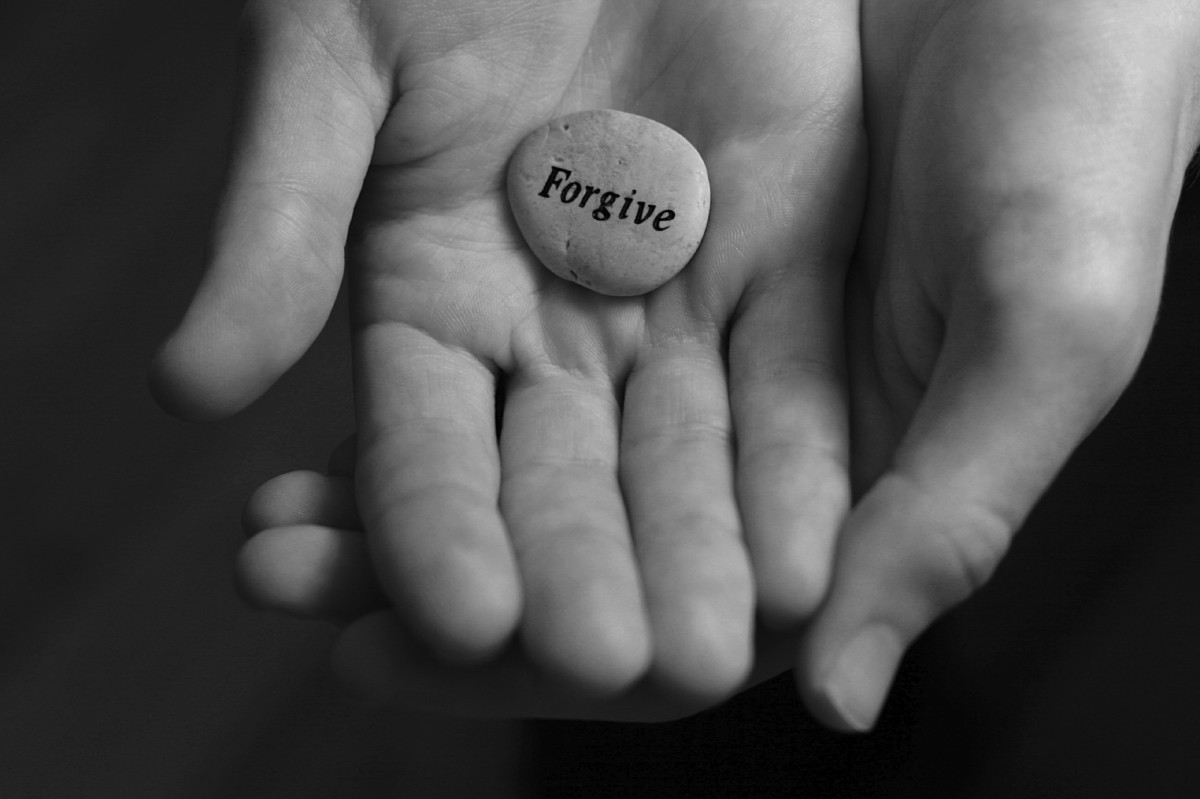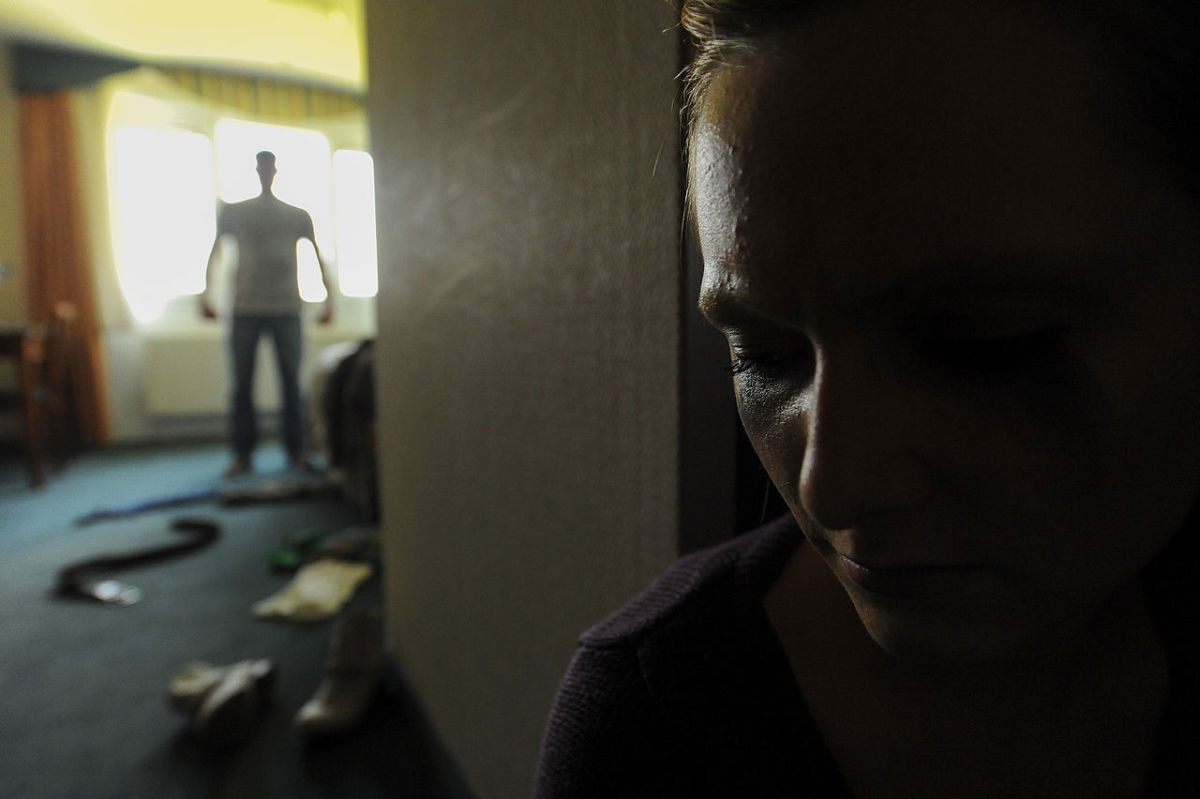What Makes So Many People Quite Apprehensive of Change?


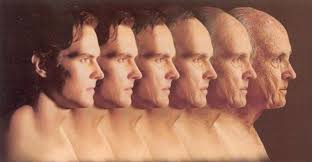
Change is Going to and WILL Come, No Doubt About It
There is no stopping it. It is going to come. If we like it, fine. If we do not like it, well tough. It is an inevitable fact of life. It has occurred in nature over time. It has altered ecosystems and those organisms who could not adapt to it eventually became extinct. Civilizations also were affected either advertently or inadvertently by this phenomena.
This phenomena is no respecter of natural and artificial constructs. It only has one rule. Each system has to play by this phenomena's rules and by laws. If the respective system obeys and accept the rules, it will survive, even thrive and evolve into a higher level. If the respective system fights against it, it will eventually stagnate, even perish and die. This phenomena has very strict rules that must be abided by.
This phenomena is change. Change is one thing that is a constant in this world. There is no avoiding nor escaping change. It simply IS. Everything, both nature and humankind is affected by it. Seasons change from the greenest spring to the whitest winters and back again. People change. We are babies, become children, and adolescents. We mature into young adulthood, middle adulthood, eventually facing old adulthood and physical death. Besides natural occurrence, there is even circumstancial changes. Change is all around us, simple as that. Change is also eternal. It is and shall be with us always.


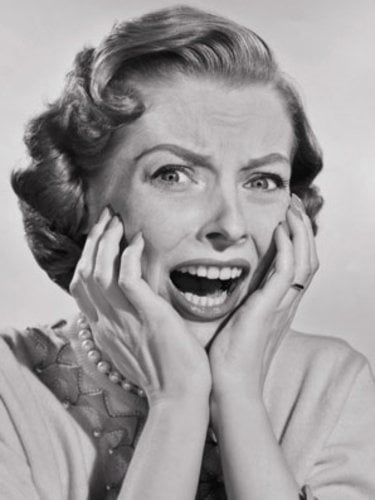
Why are People So Fearful of Change?
Change is a constant, that will never change. It is an irrefutable aspect of life. There must be change, it is an expected phenomena. Everything in this world, in fact, the universe is forever evolving to another level. Nothing remains the same. When one observes the world, change is on ongoing. If there was no change, humankind would be using sticks and stones to hunt animals and still be living in caves. Change is the impetus that advance cultures, societies, and civilizations. Change is responsible for cultural, social, and societal advancements which increases and improves the quality of life.
If change is so good, what makes so many people afraid, apprehensive, even hate change. Well, change represents what is unknown. People love to stick with what they know. They know the familiar. They are relaxed with the familiar. The familiar is welcoming and gives them a sense of comfort and security. These things are quite soothing to the human conscious. People like nothing more than to be comfortable and secure. People are happier when things are secure. In fact, business and industries are rich, catering to the human need for security.
People are quite uncomfortable with change. Change disrupts what is familiar to people whether it is an assignment change or a change of well organized plan. People just do not like disruptions to their lives. They want the comfort of things being the way they are. They want things to go quite smoothly. When things and events go smoothly, people feel at ease and relaxed. They do not have any anxieties or other forms of angst because everything is right with the world or at least in their immediate environment.

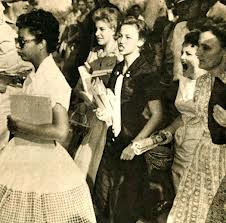
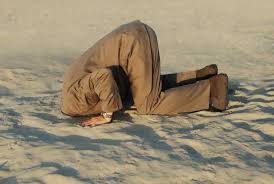
Change Can Be..............THREATENING
Many people view change is threatening to their world. They are quite comfortable with things the way they are. In their particular world, everything was well-ordered. They know their respective place and so did everyone in their immediate environment. Change is seen as a quite harrowing, disruptive and even disruptive to their present world.
Such people will fight change change at all costs. They see change is against their preordained conception of how things should be and function. They feel that things are fine at the present time. In fact, they are very content with the way things are. In their eyes, everything has worked excellently so far. They further contend that the system they have known have served them so well. They see change as a disturbance and upheaval to their world where everything is in strict and rigid dichotomizations and compartmentalizations.
There are people who will avoid change, even though this change will be beneficial to them. They will cling to their lifestyle, methodology, philosophy, and other beliefs even though they no longer serve them. In their mind, the aforementioned patterns have a practicality. Since such patterns are feasible, they do not see any reason why there should be any changes. In fact, they believe that such changes are quite unnerving, even traumatic, to say the least. So they will pretend that such changes did not occur and will continue to exist in their particular patterns although such patterns are outmoded.
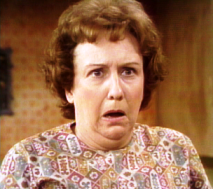


Change is................NEW
People are afraid of the new. The new represent a disruption and upheaval to the old ways of doing things. People love the old ways because it gives them a sense of comfort and security emotionally and psychologically. The old ways and methodologies are considered workable as they have existed a long time. As the old ways are seen as workable, they can be depended upon and referred to from time to time. The old ways have a history and reputation. We can confidently count on the old ways as they have been tested time and time again.
New ways have not been tested. It is untried and fresh. Change represents the new and uncharted. It is an undertaking that one has never attempted previously. Change is one leap into new experience whether it is a job, love affair, and/or any novel undertaking. People tend to prefer things and/or experience that have a history. They know that if something has a history, it is feasible. If something does not have a history, one is hesitant to try or attempt it. Will it will be good or bad, they wonder? While there are some people who anticipate trying new things, many people won't. They want to do something they are sure of. Since change is new, to many people, change by its newness, is uncertain by its very nature.
Change because of its newness represents a level of uncertainty. People fear change because of the uncertain outcome. When people do things that ways they have always been done, the outcome was certain. People want things that they are sure and that will guarantee results. Not only do people want results, they want results that are feasible, practical, and above all, workable. When a person changes and attempts something new, the results may not be feasible at all. Many people maintain that if something is not workable, why attempt to do it. In their eyes, that is a complete waste of their time.
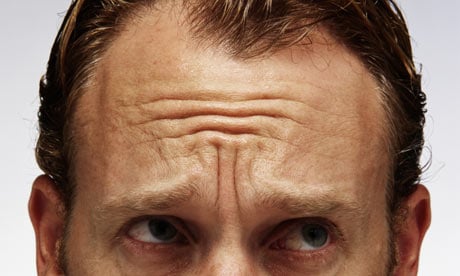

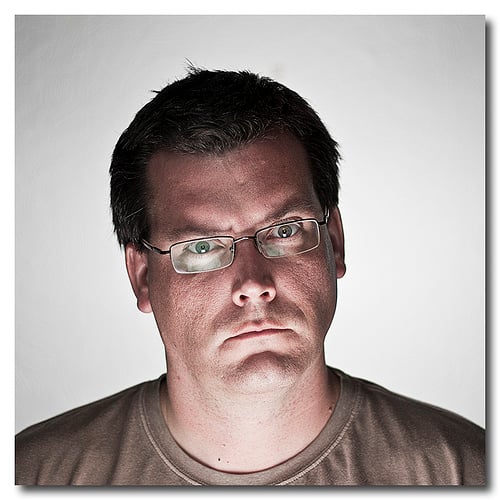

Change is....................DIFFERENT
People love sameness as it provides a comfortable pattern in their lives. Sameness provides a sense of familiarity and ease to most people. Sameness provides a blueprint and pattern in people's lives. Sameness also provides a sense of welcome routine in people's lives. Many people love doing the same things day after day. It also provides a sense of continuity and constancy in their lives.
Besides being comfortable in following and adhering to the same pattern day after day, people are also more comfortable with those who think, whose lifestyles, outlook, and beliefs are alike or at least similar to theirs. With similar people as with following the same routine, people feel secure and have a history of continuance and history. They know exactly where they are and stand. People fear change because it represents difference. Difference from what they are accustomed and acclimated to.
People do not want to have their routine. It disrupts their sense of security. People value sameness as that provides a sense of security. It also provides a reliable routine that they are comfortable and at ease with. People dislike change as it is disruptive to their normal life routine. They want things to go smoothly. Change means that things will not be smooth at all; at times, the road can be quite arduous as it is different from the routine. For many people, a change in their routine and/or a change in their friendships and associations is enough to totally discombobulate them. People reliable on sameness and change as difference means that they can no longer rely and depend upon the old pattern and routine.
Many people are uncomfortable with change as it is different. They see sameness as something quite dependable. Sameness to many people is comfort and security. It is also familiarity. They want to be in situations where they are comfortable in and familiar with.They want situations where they know the environment, surroundings, and people. People do not want to be in situations that are different from what they have experienced. When people are in situations different than they have experienced, they have to prove themselves all over again. They also have to test themselves to see if they fit the mantle. They also have to exert themselves as they never have before. People want to be in the same environment because they feel at home mentally, emotionally, and psychologically.
When people are placed in different environments and/or have to endure different situations and/or circumstances, they are not at home. They are also not relaxed. Many feel as if they are fish out of water. They feel as if they are strangers in a strange land. They do not want to do things that they are unaccustomed to and sure of. They do not want to be with people they believe they are dissimilar to. They want to be in situations and circumstances they are accustomed to and comfortable with in addition to people who they feel are like them. In essence, people do not want unneeded drama in their lives. To them, change=difference=unneeded drama.

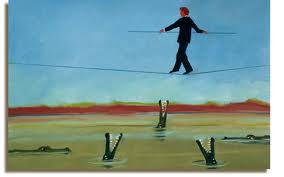

Change is......................RISK
Change involves varying levels of risk. Risk is not a sure thing. When there is risk, there is uncertainty regarding the outcome. The outcome can be positive or negative. One can win or lose. One can succeed......or fail. Risk is an ever fluctuating endeavor. It is like a curve ball, one never knows where the situation and/or outcome will end or come to.
People fear, even abhor change because it is quite risky. In fact, change can be immensely risky. They do not want this. They want things to be predictable, assured, and with knowable outcome. They want a sure thing. In fact, they demand it. They furthermore desire and want things to be ascertainable. Well, change is none of those things. Change can be quite unpredictable. Oftentimes, people do not know when change will come but it COMES nevertheless whether they want it or not.
When situations and circumstances arise, it is oftentimes unexpected. Even when it is anticipated and expected, it is something that has not occurred before. When something is new, it carries a certain amount of risk. Since it has not been tried before, it has to be made measurable and/or workable. Many times, it is unworkable and just merely an exercise as what not to do at the next endeavor. Risk can be and is a teacher. It teaches people what is feasible and not feasible and to keep trying until ultimate success is achieved.
People are also afraid of risk as risk involves a higher level of failure. There are people to whom failure is the "F' word. Failure is akin to a severe moral trangression to such people. They want to avoid risk hence failure at any cost, even at the cost of eventual evolvement and growth. They would rather avoid change as it entails risk, probably failure. They do not see risk and failures as life lessons to be learned. They see risk and failures as the kiss of death.

Conclusion
In summation, change is an inevitable part of life. Change is going to occur whether we want it or not. Although change is a natural and undeniable part of life, people fear and abhor change. People are uncomfortable with change. They also see as disruptive to their well-ordered environment. They see change as different to their way of life. They also view change as a risky endeavor with an uncertain probability.
No matter how people view change, it is forever ongoing. Change is necessary to evolvement and growth. People must change. In fact, they DO change whether they wish to or not. Those who anticipate and accept change are the ones who grow and thrive as people. Those who embrace change become and remain vital people. They are also interesting people to be around. Those who fear, abhor, and fight against change will become fearful people holding on to old patterns, even when such patterns are detrimental to them emotionally, mentally, and psychologically. They are only doing a disservice to themselves. Change will happen whether they want it to not.
© 2013 Grace Marguerite Williams

